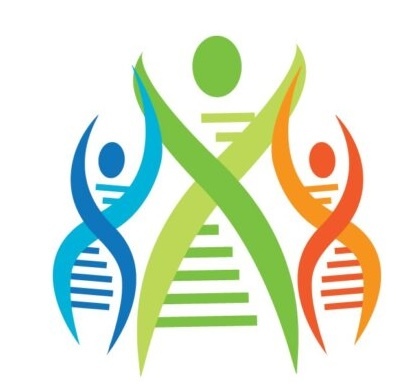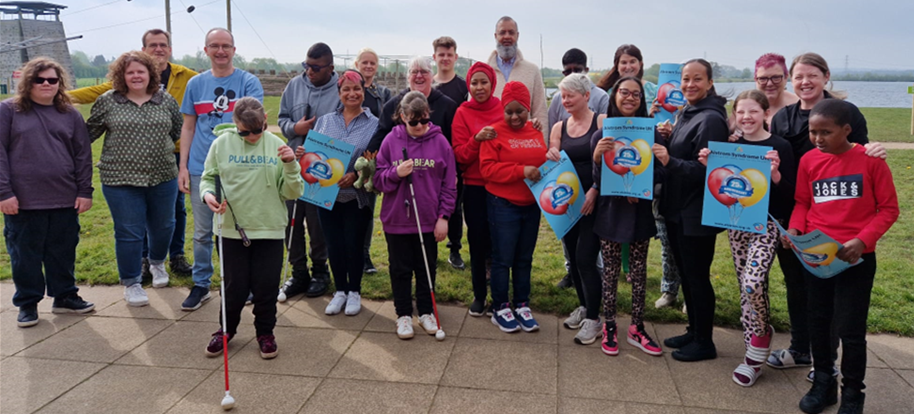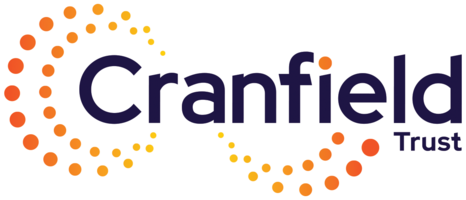
September 2025
Summary
The strategic review project enabled ASUK to transform its passion into a workable business plan, providing the charity with clear direction and measurable goals. The charity now operates with enhanced team cohesion, stronger board engagement, and a structured approach to achieving their mission. Most importantly, the inclusive planning process has created a flexible framework that maintains their patient-led values while providing the strategic clarity needed for sustainable growth. As Kerry concluded: "We all know now where we're heading," giving the organisation confidence to prioritise effectively and demonstrate impact to funders while staying true to their core purpose of supporting families affected by this ultra-rare and complex condition.
Background
Alström Syndrome UK (ASUK) is a patient-led organisation supporting people living with an ultra-rare and complex condition called Alström syndrome (AS). There are only 94 people diagnosed with AS in the UK. ASUK was established in 1998 and is a registered charity that works in partnership with clinicians in Birmingham to deliver a highly specialised service funded by NHS England. The charity also manages multiple grant-funded projects to address health inequalities and promote inclusive research.

The issue
Following recent leadership changes, ASUK faced the challenge of developing a clear strategic direction. Despite being passionate and busy, the charity lacked a structured approach to achieve its goals. As CEO Kerry Leeson-Beevers explained: "We know where we want to get to, but need to know how we take those steps to get there." The organisation needed to move beyond competing daily priorities to create a comprehensive business plan that would provide measurable outcomes and timelines, while ensuring input from its team, board, and the community members it serves.
The solution
Cranfield Trust Regional Manager, Adam Wilkins, worked closely with Kerry to establish clear project parameters and timelines, maintaining CEO engagement and effective communication throughout. Adam matched the charity with volunteer Gina Fusco, explaining, "Gina was a great personality match. She's caring in her approach to projects, and her sensitivity was invaluable for a charity supporting people with rare health needs." Gina facilitated a comprehensive strategic review process, including a team workshop that brought together staff and trustees to identify priorities and areas for development. Adam and Gina built on the charity’s existing strengths to help develop a new vision, mission, and charitable objectives. The process was methodical and inclusive, incorporating feedback from all stakeholders, including the families they support.
“It was really good to have somebody outside of our organisation that didn't know us to be able to look at us and say, OK, this is who we are, this is what we do.”
The impact
The strategic review delivered transformational results for the charity's organisational effectiveness. The Journey to Excellence report showed a remarkable 33% improvement in Leadership and Strategic Direction (from 63% to 96%) and an overall performance increase of 15%. Reflecting on the project, Adam commented, "Leadership and strategic direction are really important in helping the CEO focus on the bigger picture. Producing the strategy really has given Kerry the confidence to take forward the charity."
Kerry noted the lasting impact: "I can still see the difference it’s made six months down the line." The project strengthened team cohesion through the facilitated workshop, with Kerry observing: "It's really helped us to gel as a team."The board gained a deeper appreciation of day-to-day operations, and the organisation now has clear priorities with built-in measurement frameworks.
“Taking that time to sit back, work together to come to a solution, I think has done the team a lot of good.”
The strategic planning process reaffirmed that family support remains the charity's top priority, ensuring that beneficiary needs remain central to all activities. The new business plan incorporates ongoing consultation mechanisms, maintaining ASUK's patient-led approach. Kerry explained the long-term vision: "The benefit for our beneficiaries is going to come as we start to implement the plan, focusing on peer-to-peer support and health and wellbeing activities." The strategy allows the families to influence priorities and direction, offering the flexibility to adjust services in response to community feedback instead of sticking rigidly to preset goals.
Working with volunteer Gina Fusco proved exceptionally positive for the charity. Kerry praised the collaboration: "Right from the very beginning, I really felt like Gina was the right person for us as an organisation." Gina's methodical approach, combined with her understanding of the charity's virtual working model and rare disease context, created an effective partnership. Her external perspective helped clarify communication for families who had recently received a diagnosis, while respecting the charity's established relationships. The experience reinforced the value of Cranfield Trust's volunteer matching process.
You can read more about Alström Syndrome UK's Journey To Excellence in our Impact Report 2024-25.



